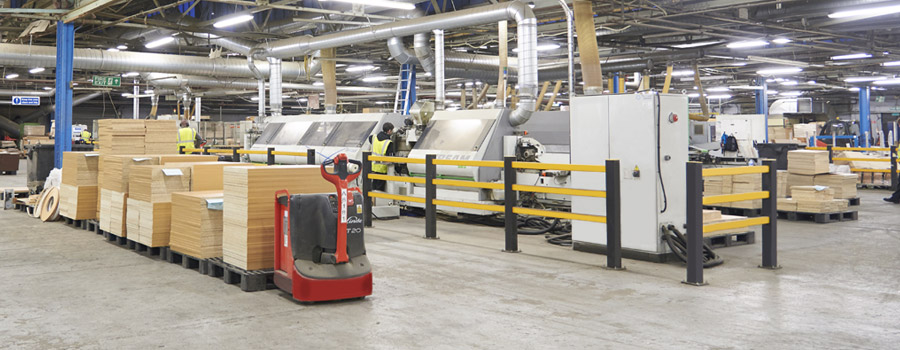The world is becoming a smaller place. Have a close look at many of the products in any retail or wholesale environment and the chances are that you’ll find many of them with a ‘made in China’ stamp on the bottom. Products from all over the planet are readily available in our retail outlets.
We are also inundated with Brexit news and rhetoric at the moment which isn’t going to go away anytime soon. The UK’s vote to leave the EU was a shock across the continent and beyond, however the UK economy has shown more resilience than expected since the EU referendum in June. There is no wholesale panic (which many predicted) however the downside of the weaker currency is becoming increasingly evident.

The weak pound and consequent increase in the price of imported goods has led to one of the steepest rises in purchasing costs in recent history. So during this time of national and international business insecurity, does it make sense to buy British?
Offshoring has been one of the most prominent trends in British manufacturing for years, with UK companies looking to the Far East or Eastern Europe for reduced production costs. But things are changing. Invariably, companies that import goods have found that it’s harder to control product quality when they are manufactured remotely, even with a trusted supply base overseas.
A manufacturing operation thousands of miles away is also much less flexible than a factory in the UK where changes in production schedules can adapt in response to seasonal variations, market trends and spikes in demand.
Manufacturing overseas also requires longer product development lead times, in addition to lead times on stock deliveries. These factors, coupled with the destabilisation of exchange rates due to Brexit and increase in prices for imported products, demonstrates that there is not just strong demand among UK customers for British-made products, but also an excellent business case for manufacturing in Britain.
All these considerations for the manufacturer translate into tangible benefits of buying British for both the office furniture trade and end users. Selecting a product that has been manufactured in the UK is about much more than warm, fuzzy feelings of patriotism. It’s about confidence of quality, speed of delivery, continuity of supply and accountability from a manufacturer that is managing the various elements of the supply process on the ground.
As a manufacturer who manages their own production plant in the UK, Dams can adapt production levels to reflect sales trends, ensuring that all standard items are consistently available from stock. That’s why Dams have invested significantly in expanding their upholstery plant and recycling facilities over the past year. The more processes Dams can bring in house, the more the company can control overheads as well as the quality.
Over 80% of products in the Dams 2017 furniture guide are manufactured within the UK using the latest manufacturing technology, ensuring the highest level of quality. The most stringent environmental and health and safety standards are also in place, which will provide significant peace of mind for those customers who are ethically and morally aware.
Years and decades of tradition and know-how go into the production of furniture in this great nation of ours. Manufacturing in the UK also means that we are protecting and developing the skills needed for the office furniture industry of the future, ensuring that we create a legacy of quality British-made products that are built to last and fully traceable.
After sales service is also more reliable and more efficient when dealing with a British manufacturer, who put their reputation on the line to not only provide the best furniture but also the best service to their customers.
There is no doubt that the uncertainty caused by the Brexit vote and the weak pound has contributed to British made products now being more competitively priced compared to imported goods. The bottom line is however, choosing products that have been made in the UK simply makes more commercial and financial sense now than at any time in recent history. And when it comes to furniture, British is best!